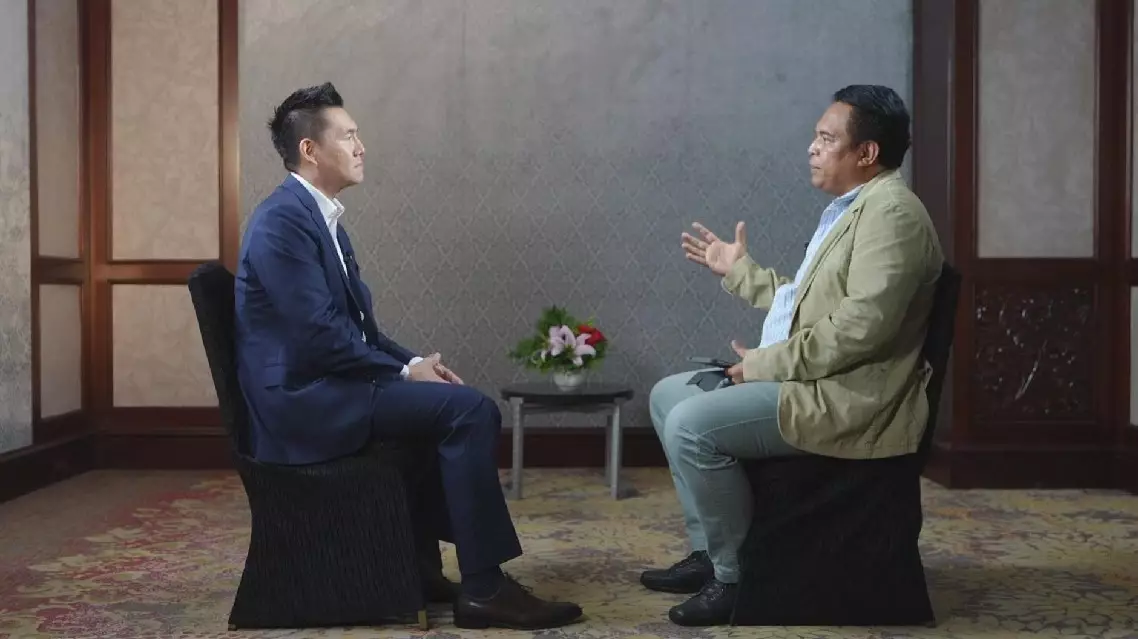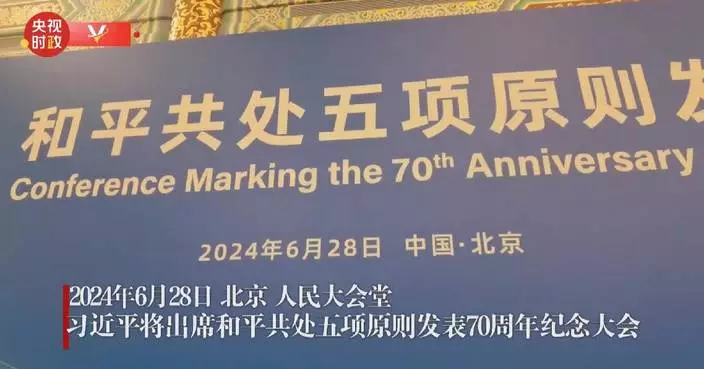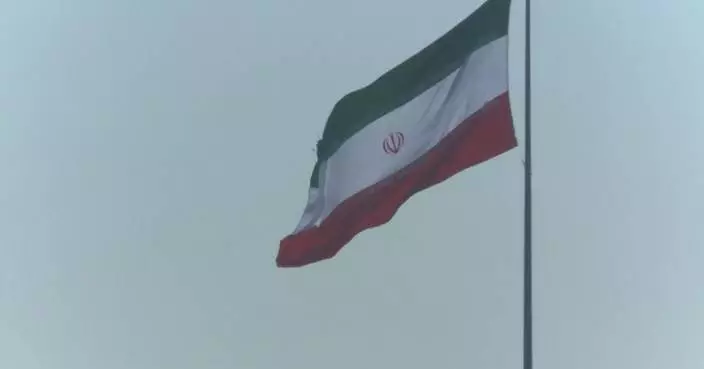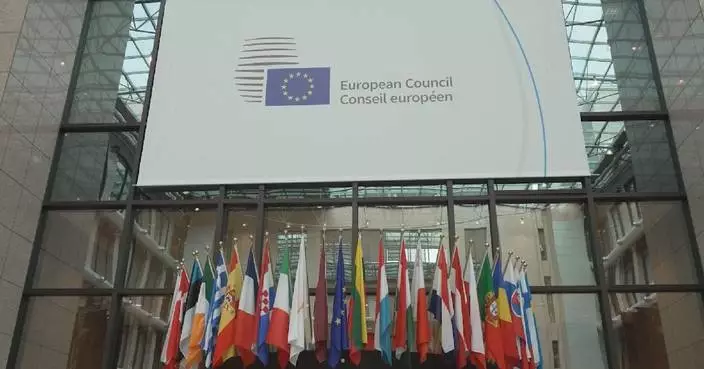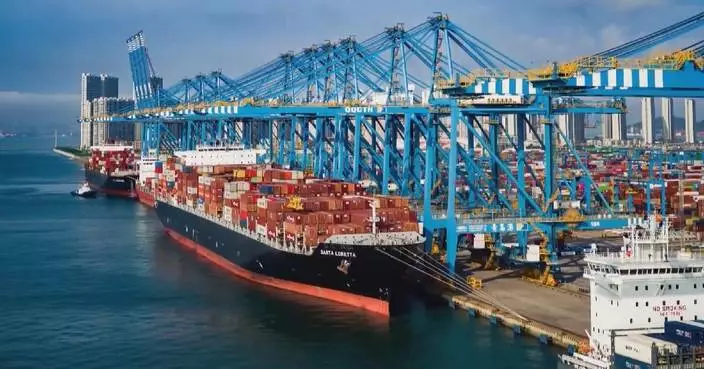China's promotion of high-level institutional opening up in the financial sector has provided new opportunities for the global market, according to foreign financial institutions at the 2024 Lujiazui Forum in Shanghai.
The Forum, themed "Promoting World Economic Growth through High-Quality Financial Development," convened experts to discuss financial reform and innovation's role in driving high-quality sectoral development, addressing global economic challenges, and sustaining growth.
It has released policy signals to further financial support for technological innovation, bolster the real economy, intensify reform, and open up the financial sector.
"We have a wealth of talent, not only in large numbers but also in diverse fields. We have accumulated substantial capital, which can be transformed into investment capital. China has now become the second-largest economy in the world, providing a tremendous application market for innovative enterprises. This is of great significance," said Fang Xinghai, vice chairman of the China Securities Regulatory Commission (SCRC).
Several financial regulators' leaders coincidentally emphasized the importance of strengthening "the patient capital" and promoting a virtuous cycle of "fund-capital-asset."
The concept of 'patient capital,' which prioritizes enduring investment and stable returns over short-term gains and speculation, was a central theme at the recently concluded gathering.
Greater emphasis on the fundamentals of assets and their long-term development potential aligns with the investment philosophy of many foreign financial institutions. These institutions also recognize the growth potential of the Chinese market and are increasing their investments in China.
"We have also witnessed Chinese financial regulators, in recent years particularly, lifting restrictions on 100 percent ownership. In this regard, I believe it is highly beneficial for international financial institutions to allocate resources in China for the long term, engage in exploring the Chinese market in the long term, and make substantial long-term investments," said Alan Ho, chief financial officer for the Asia-Pacific and co-senior country officer for China at J.P. Morgan.
"China's fast-growing economy and its current state of economic transition offer numerous opportunities, including new energy and high technology, which are highly valued in global investment allocation," said Leo Shen, Managing Director and General Manager, Allianz Global Investors Fund Management Company.
Established in 2008, the Lujiazui Forum is a prominent global platform for government officials, financial leaders, and scholars to foster international financial cooperation, further financial reform, and promote market opening in China.
Named after Lujiazui, Shanghai's financial district and China's financial capital, the forum embodies Shanghai's aspiration to become a leading international financial center.

China's institutional opening-up in financial sector offers global market opportunities


